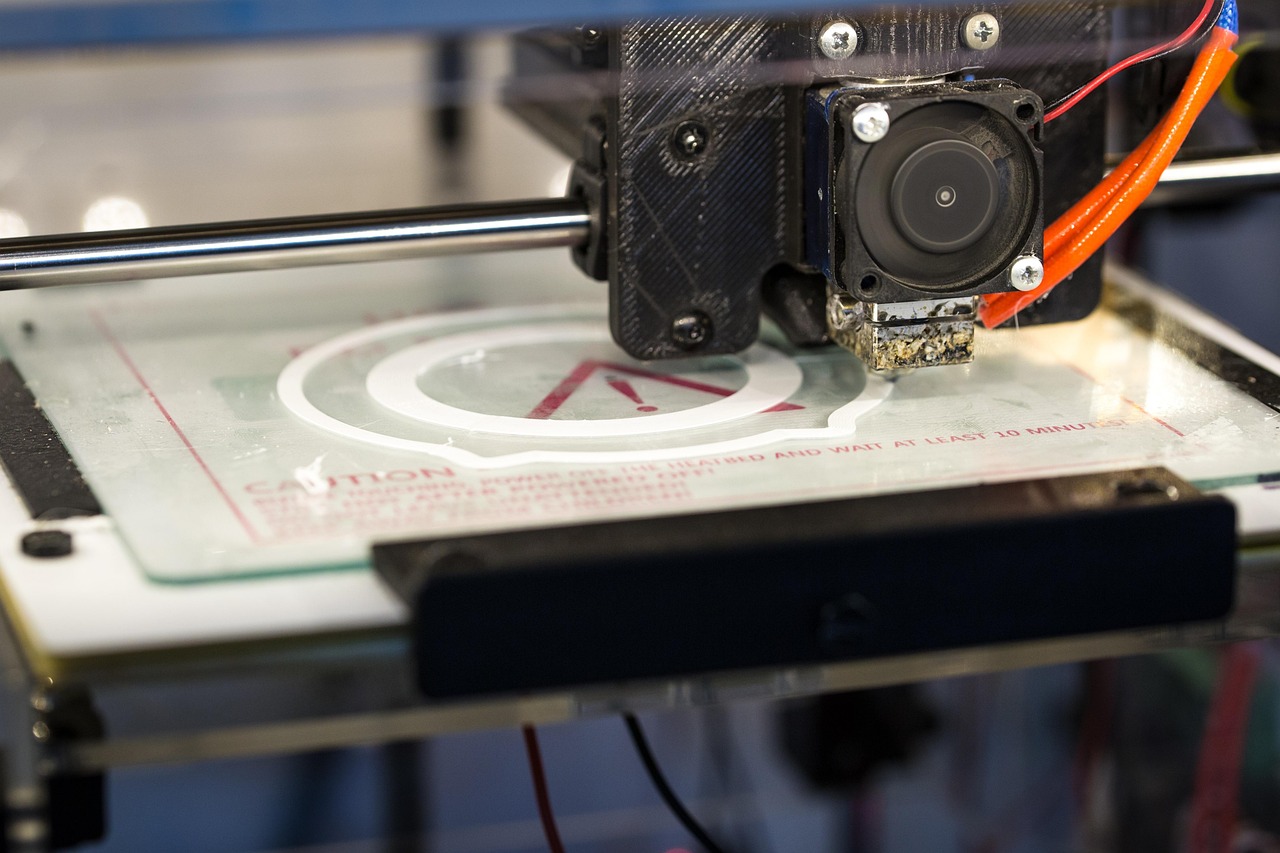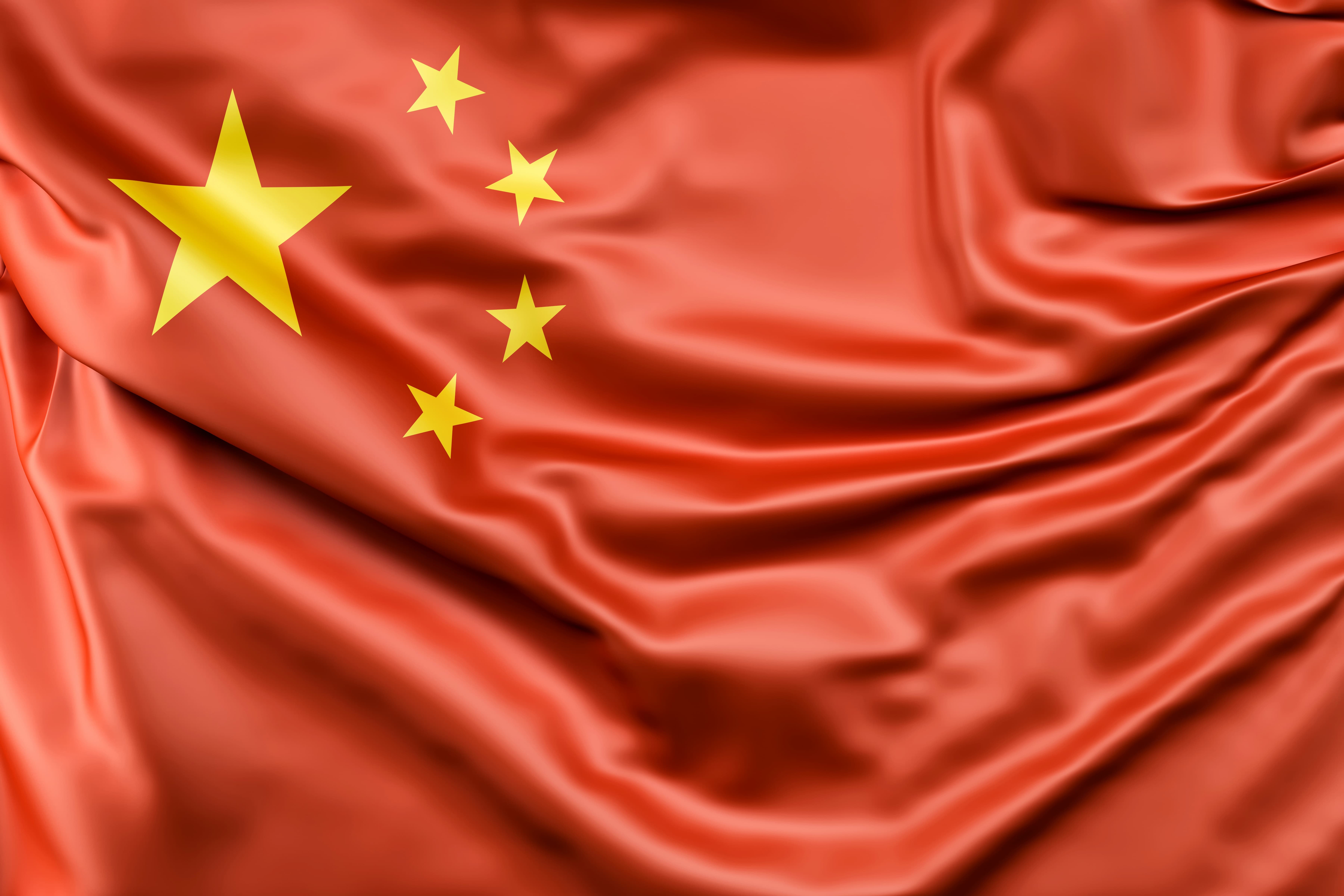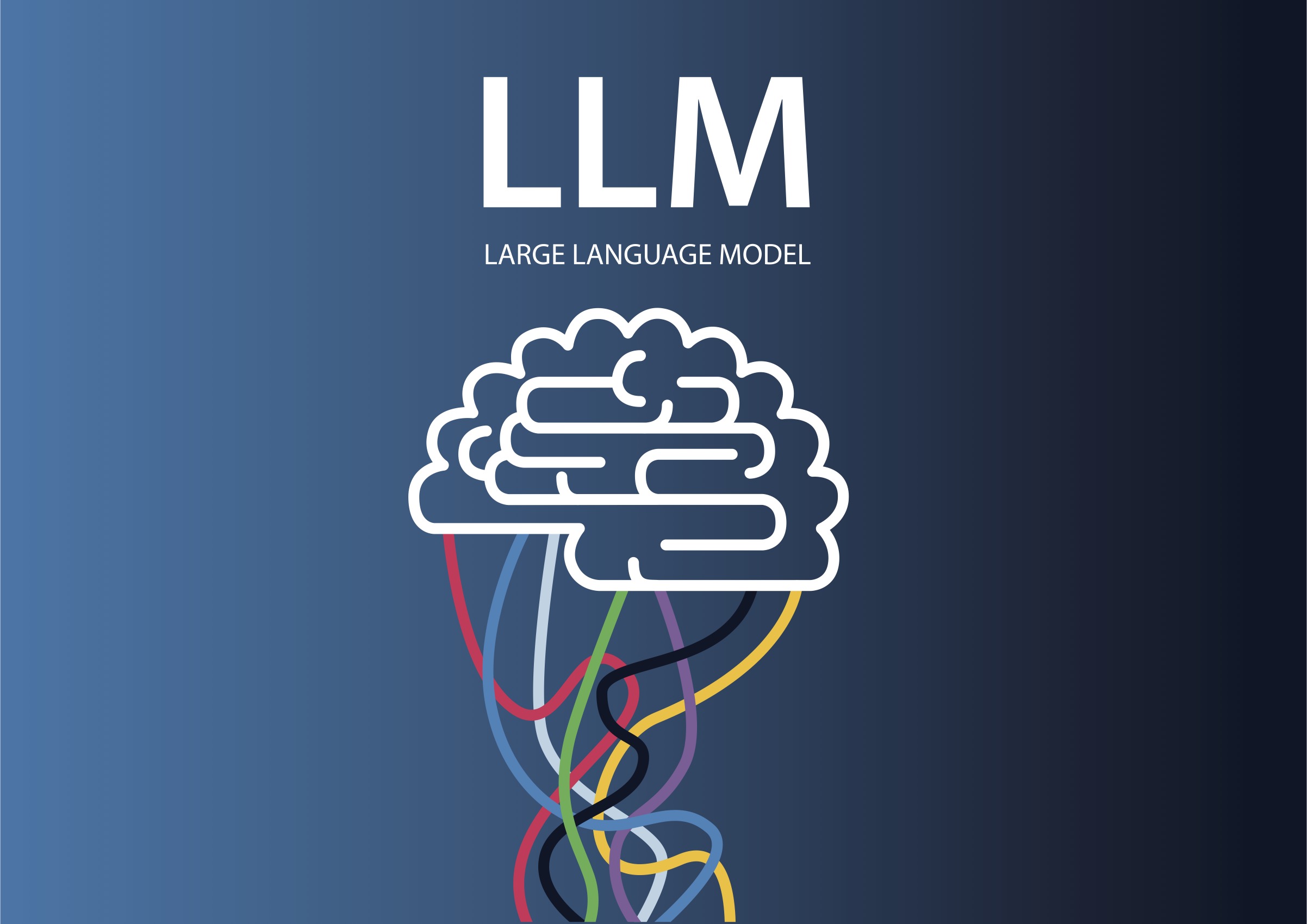Kazakhstan has announced its support for China’s proposal to establish a Global Organisation for Cooperation in AI, highlighting its ambition to strengthen digital ties with Beijing.
President Kassym-Jomart Tokayev voiced his backing during the Kazakh-Chinese Business Council meeting in Beijing, following his participation in the Shanghai Cooperation Organisation summit in Tianjin.
Tokayev stressed that joint efforts in AI were vital as experts predict the global market could reach $5 trillion by 2033, accounting for nearly one-third of the technology sector. He praised China’s digital achievements and urged bilateral collaboration in emerging technologies.
Kazakhstan has taken notable steps to position itself as a regional digital hub, launching Central Asia’s first supercomputer and the AlemAI International Centre for AI earlier this year.
Tokayev added that partnerships with Chinese firms, including a major construction agreement, would accelerate the development of Alatau City as a separate innovation ecosystem.
Would you like to learn more about AI, tech and digital diplomacy? If so, ask our Diplo chatbot!










